The holiday season is the time of year most associated with family, friends, and community — which can make spending that time alone particularly challenging. There are a variety of reasons that you might find yourself alone at the holidays. It could be that you live far away from loved ones, you might be recently bereaved or divorced, or perhaps your friendship circle has thinned over the years. Regardless of the reason, there are plenty of proactive steps to feel less lonely and instead make the most of the time spent alone.
Rethink Being Alone
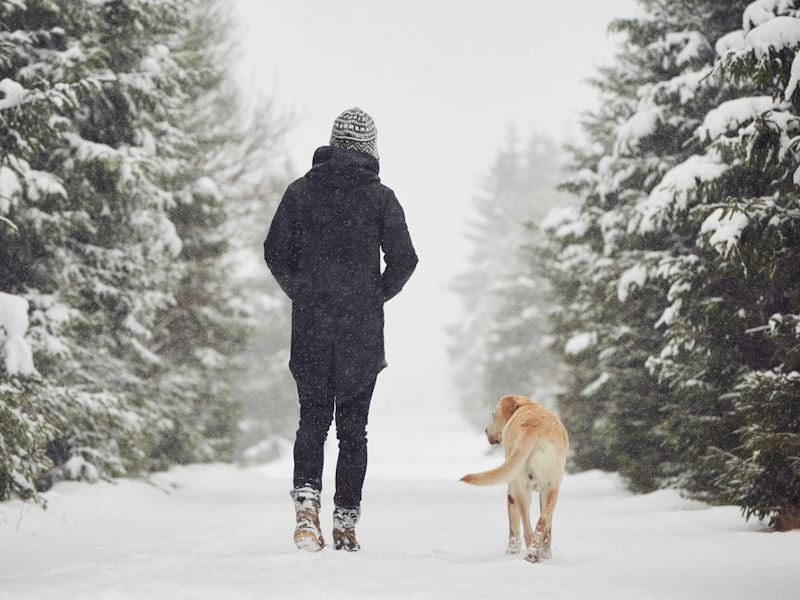
Being alone can produce some painful feelings of isolation, rejection or exclusion. Some people even perform a version of illogical leap-frogging, in which alone equals unloved, which equals unloveable. This false equivalence magnifies pain and rejection. It is your attitude about the state of being alone that determines how you feel, though. If you perceive being alone as a temporary situation, you are more likely to respond to it differently than if you see it as permanent and personal.
Turn the Time Into a Positive Experience
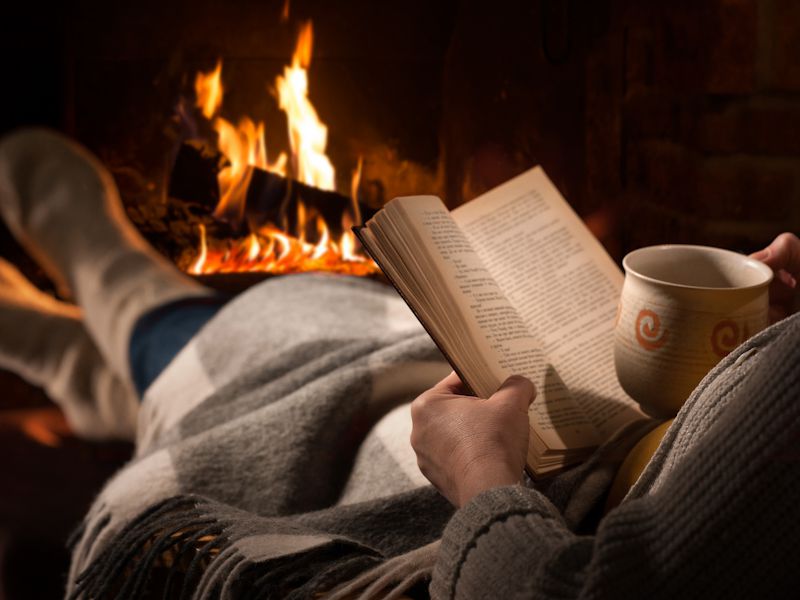
There is a difference between being alone and feeling lonely. Solitude can be welcome and restorative if it means time to reconnect with yourself and being free of external demands. If you are expecting a lot of alone time this year, there are ways to ensure that you have a positive experience of the holidays.
Repurpose the Holiday

Consider redefining the meaning of the holiday. It could be time for self-care, an opportunity to prioritize special projects and activities, time for volunteering, a chance to travel, or the moment to reflect on the year’s growth and create plans for the future. Being alone means being free to create your own experience.
Flip the Script

Instead of focusing on what you lack (e.g. family, partner, close friends, or money), take a mental inventory of your existing resources. You will be surprised by what you find (e.g. spare time, a workout routine, a good neighbor, a safe place to live, a love of reading, proximity to nature or city amenities). By flipping the script, what has felt empty now has possibilities to explore.
Go to Your Happy Places

Trending on Cheapism
Find Your Routine

Patterns and routines provide a positive benefit. These activities enable you to be relaxed and absorbed in some experience. They might be your morning walk, your favorite exercise class, or the Sunday crossword puzzle. Physical spaces and routines provide a reliably positive experience and something to count on.
Maximize Self-Care

Healthy eating and sleeping patterns and a regular exercise routine ensure your physical and emotional well-being. Maintaining a consistent pattern of seven to eight hours of good sleep and eating nutritious meals provides an optimal level of energy for your day. Be aware of your intake of sugar, caffeine, and alcohol, as they can negatively affect sleep and increase anxiety levels.
Avoid Alcohol

If you’re spending extended periods of time alone, alcohol can be particularly seductive. While some people drink in hopes of soothing painful loneliness, it ultimately worsens depression and often increases isolation. If you are reaching for alcohol more often over the holidays, make a plan to fill vulnerable times with alternate activities and ask for support from a friend, therapist, or substance abuse program.
Related: 11 Tips to Get You Through the Holidays Without Drinking
Sign up for our newsletter
Lift Your Mood

Make a point of getting outdoors or away from home for several hours every day to ensure that you keep yourself engaged in the world. This changes your perspective and reduces the possibility of depressive withdrawal.
Related: Healthy Ways to Cope With Seasonal Depression
Create an Oasis

When you are alone at home, create a soothing and pleasing environment. Think about ways to enhance the experience of each of your five senses. These are taste, smell, sight, sound and touch. This sensory banquet fosters awareness of your physical and emotional being and reduces the sense of numb detachment that can accompany isolation.
Create Social Experiences

If you crave social interaction but don’t have available friends or family, spend time in social environments. If you can’t be with people, be around them. Look for opportunities to engage with others by attending a class, participating in an activity, or volunteering. Even short conversations in the supermarket line can brighten everyone’s day.
Schedule Outings

Reconnect With People
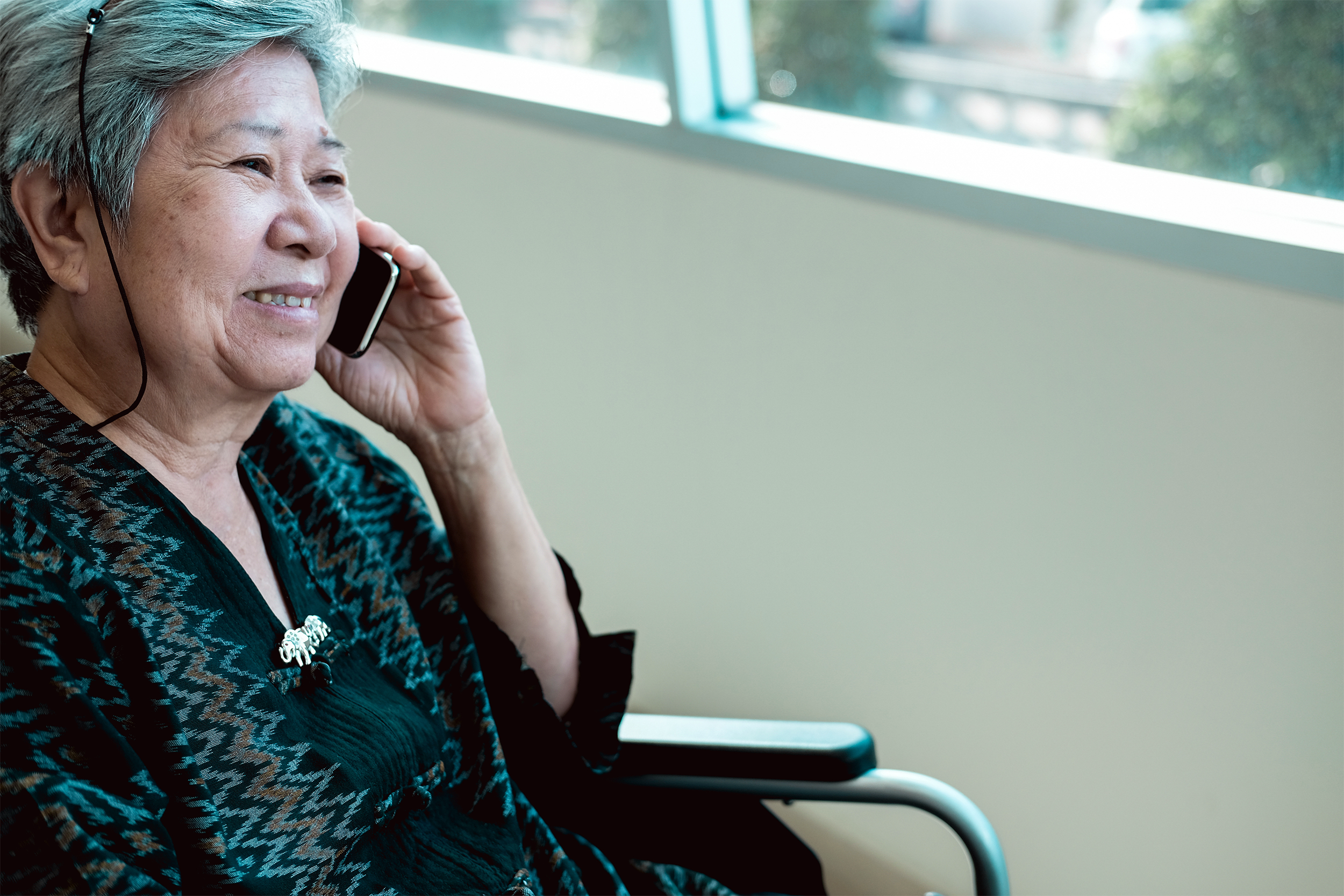
Go on a Treasure Hunt
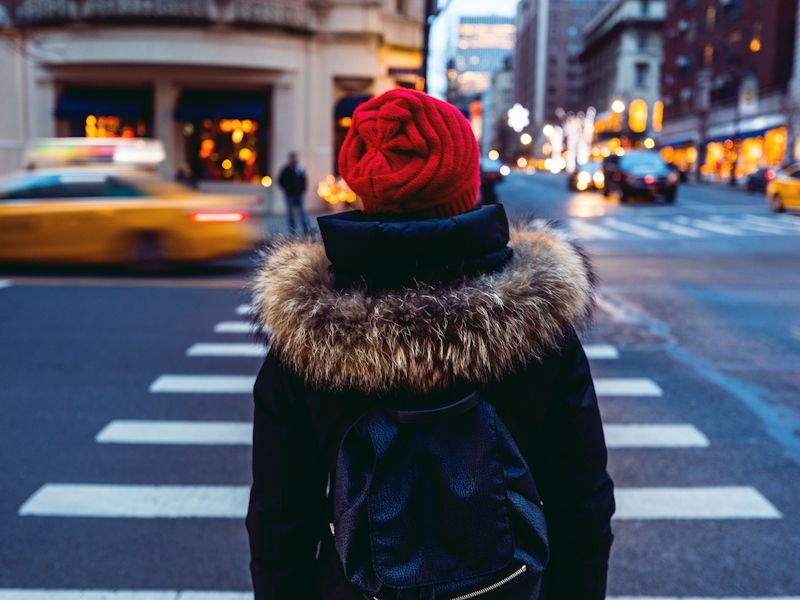
Create a Protective Shield
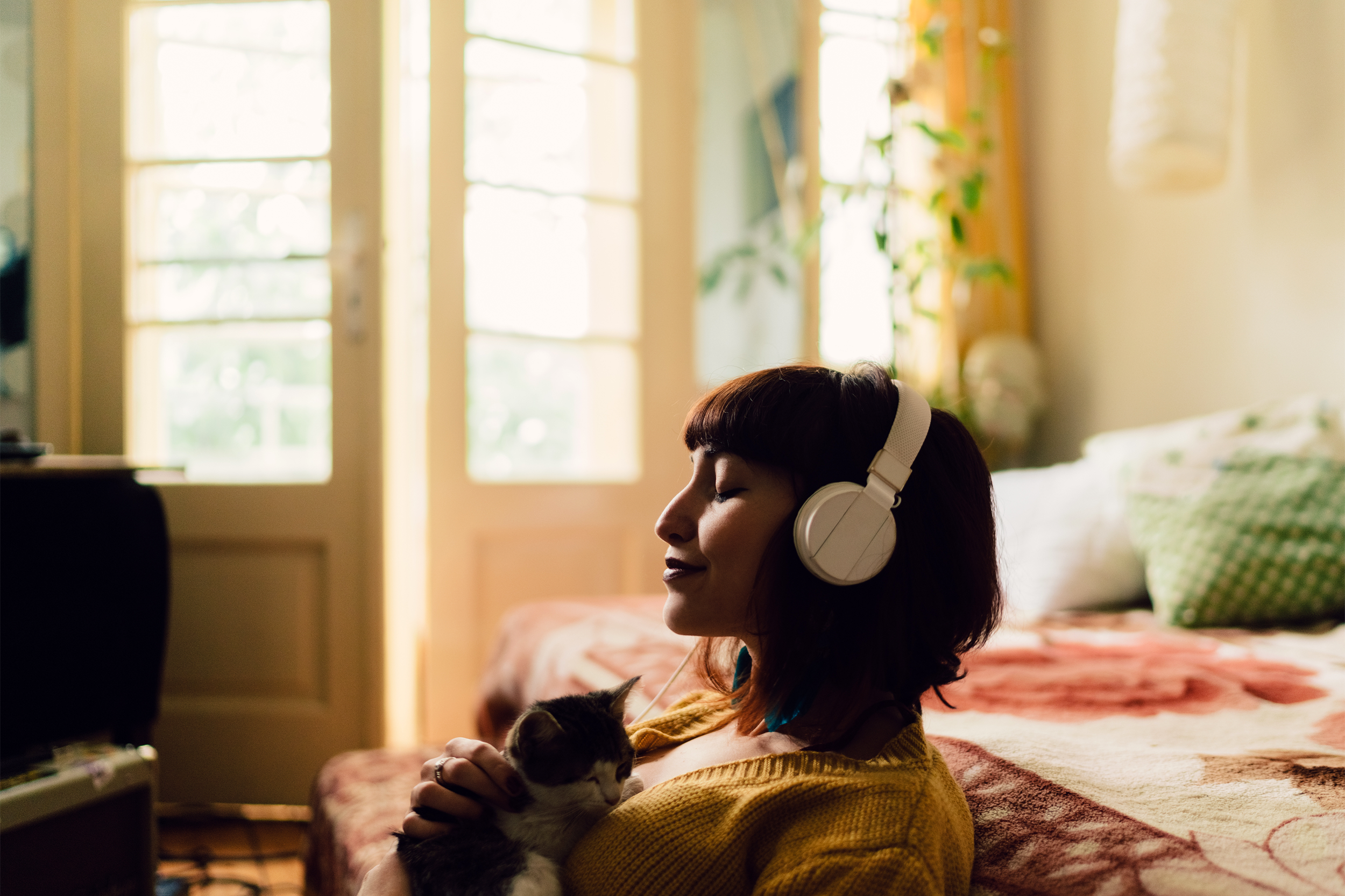
Set Limits
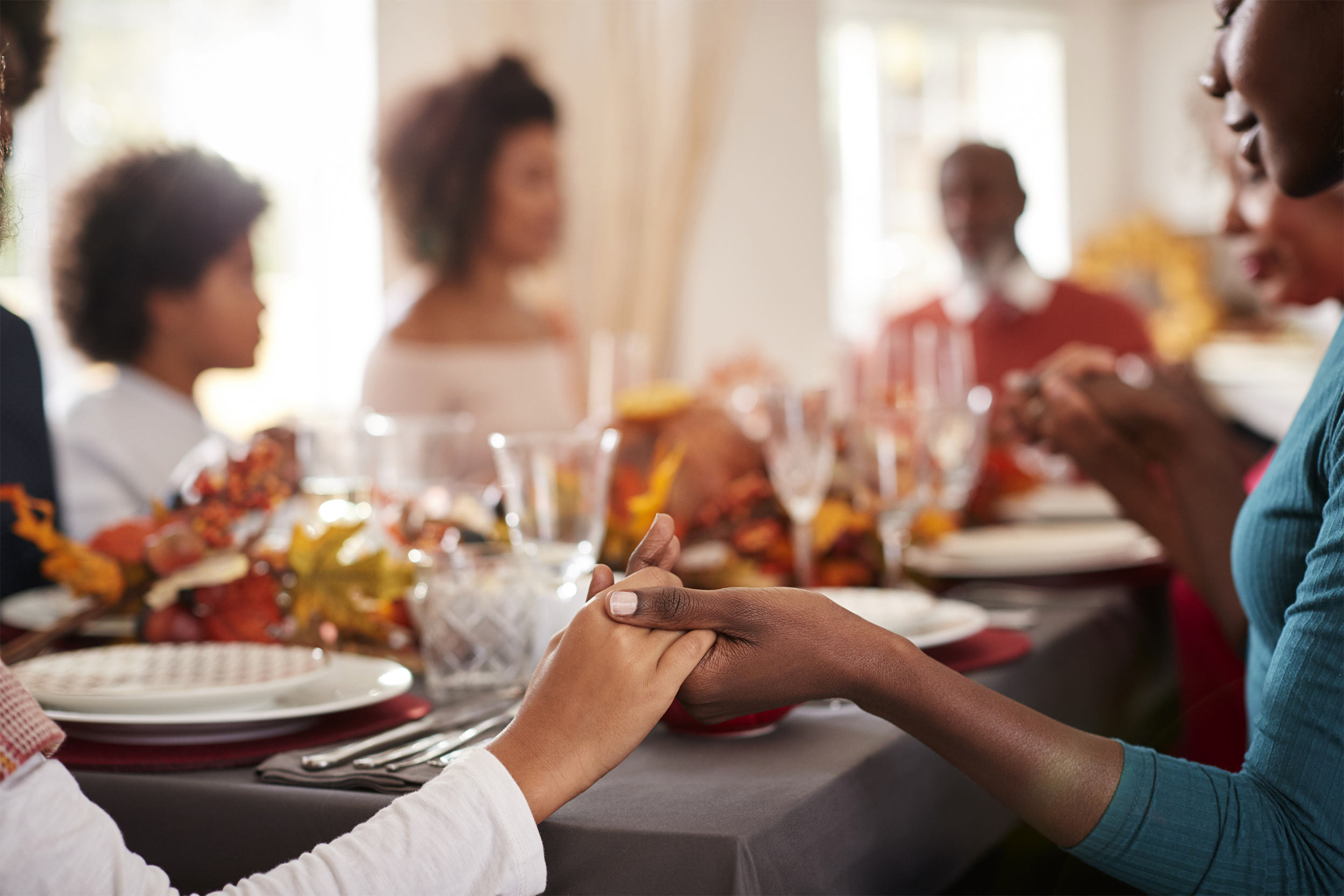
Allow Grieving
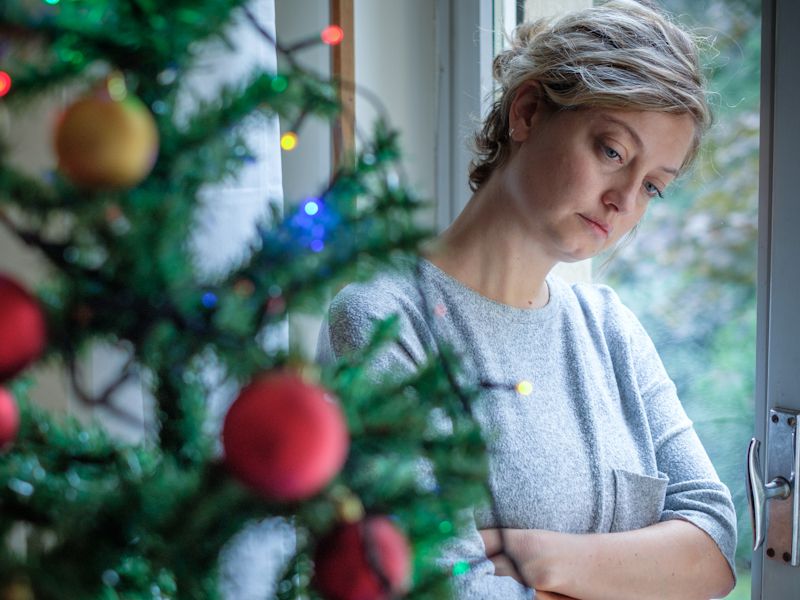
Give Yourself a Gift







